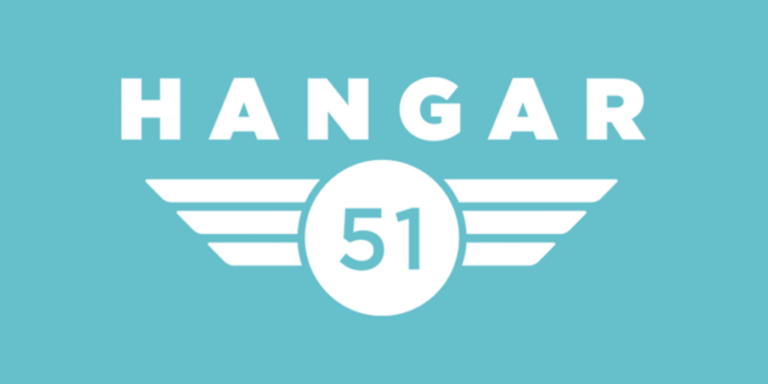A judging panel at IAG (International Airlines Group) has reviewed more than 400 applications from 40 countries to join its Hangar 51 global accelerator program. From that list, 28 start-ups were selected to present their products and services that could advance travel, before the panel narrowed the field to 10 finalists.
These 10 start-ups will now work alongside mentors and experts from across IAG for 10 weeks in London, getting a real taste of corporate life with access to resources to develop, shape and test their products.
The program focus on six core categories:
- Connected service: innovative devices, including wearables and IoT solutions, which can assist in providing an excellent experience for customers and employees.
- Smarter operations: big data analytics, robotic processes and smart contracting to optimize business operations.
- New products: creative solutions to enhance the products and services portfolio which can be integrated into existing platforms to improve the customer journey.
- Future cargo logistics: shipping analytics, asset tracking, and measurement and monitoring tools to optimize cargo operations.
- Loyalty and rewards: tech solutions and platforms, such as card-linking and alternative payment options, which are easily integrated into Avios, the airlines’ channels and retail partners.
- Wildcard: any new disruptive ideas that have the potential to reshape the travel industry.
The 10 Hangar 51 finalists are:
- Skylights, which has developed a virtual reality (VR) headset that offers a true movie theater experience, enabling passengers to watch IFE in 2D, 3D and 180°.
- Satavia is pitching a cloud-based platform that uses a combination of satellite earth observation data, numerical weather prediction and aircraft tracking to optimize maintenance and flight operations.
- Biobeat is an Israeli startup which has developed a wearable medical monitoring device suitable for cabin crew, pilots and travelers.
- Soter Analytics specializes in wearable health devices for airport ramp operations staff to prevent physical injuries in workplaces.
- Mobilus Labs has worked on a wearable voice communications platform which enables teams to connect from various environments.
- 30K is a US start-up which provides an application programming interface (API) that populates flight search results detailing the fare’s mileage earning and frequent flyer benefits.
- Assaia is a Swiss start-up which feeds airport ramp video footage into the airlines’ networks to set up more efficient aircraft turnarounds.
- Emu Analytics creates real-time analytics and data to track cargo and baggage containers.
- LuckyTrip has created an app which uses artificial intelligence (AI) for travellers to find unique trips with one tap. Users set their budget, tap the “Lucky” button and instantly see a trip to hundreds of destinations in Europe.
- Signol develops software which focuses on fuel efficiency by analysing operational data and provides feedback to pilots to help reduce CO2 emissions.
Dupsy Abiola, IAG’s head of global innovation, said, “We are very excited to collaborate with this year’s start-ups and harness their potential to transform the future of travel. Hangar 51 enables start-ups to accelerate their business growth through mentorship and access to one of the world’s largest airline groups. It’s a fertile ground for start-ups because they can be eyeball-to-eyeball with us and IAG have the opportunity to explore new applications in areas of emerging technology and user experience.”





